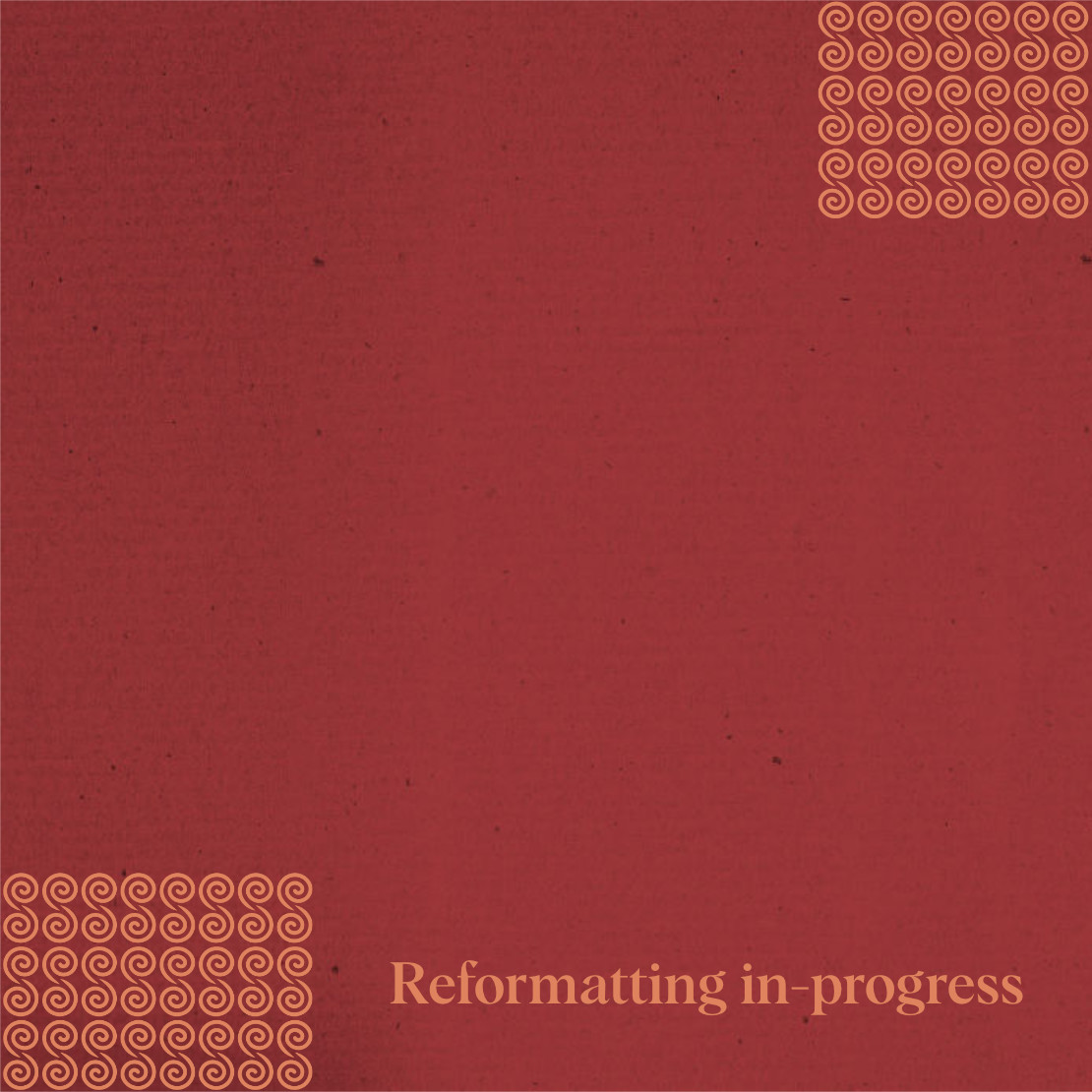Psalm 89 Exegetical Issues
From Psalms: Layer by Layer
Psalm 89/Exegetical Issues
Choose a PsalmNavigate Psalm 89
Exegetical Issues Video
Introduction to Exegetical Issues
Presented here are the top three Exegetical Issues that any interpreter of the psalm—whether they’re reading the text in Hebrew or looking at a number of translations—are likely to encounter. These issues usually involve textual criticism, grammar, lexical semantics, verbal semantics, and/or phrase-level semantics, though they sometimes involve higher-level layers as well.
Exegetical Issues for Psalm 89
- The identity of "Ethan the Ezrahite" (אֵיתָן הָאֶזְרָחִי), the apparent author of this psalm, is unclear. As Calvin writes, "Who this Ethan was, to whom this psalm is ascribed, is somewhat uncertain." The Septuagint translates the name as "Ethan the Israelite," and the Targum identifies him as Abraham: "spoken by Abraham who came from the east." All of the modern translations consulted simply say "Ethan the Ezrahite." The phrase translated "the Ezrahite" (הָאֶזְרָחִי) is open to multiple meanings, which will be evaluated in this exegetical issue.
- The last line of v. 38—וְעֵ֥ד בַּ֝שַּׁ֗חַק נֶאֱמָ֥ן—has been the source of much debate. There are three interrelated issues here: (1) the text and meaning of עֵד; (2) the syntactic function of עֵד; and (3) the identity of the witness.
- The second line of Ps 89:51 is difficult. One translation succinctly summarizes the situation in a footnote: "End of v. 51: unclear text, uncertain translation" (NFC). The issue is primarily textual. The NBS, KJV, and others follow the MT and read the text as "the whole multitude" or "all the mighty people," lit: "all the many peoples" (כָּל־רַבִּים עַמִּים), while the NRSV and others emend the text to read "the insults of the peoples" (כָּל־רִבֵי עַמִּים or כָּל־רִבֵי מֵעַמִּים or some other variation). Yet the issue is also semantic and syntactic, for even those who follow the MT disagree on how to interpret it. The NBS, for example, understands the line to refer to how the psalmist carries (i.e., cares for) a multitude of people, while the KJV thinks that the words "the reproach of" are elided from the previous line.
